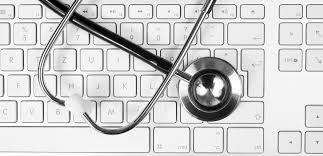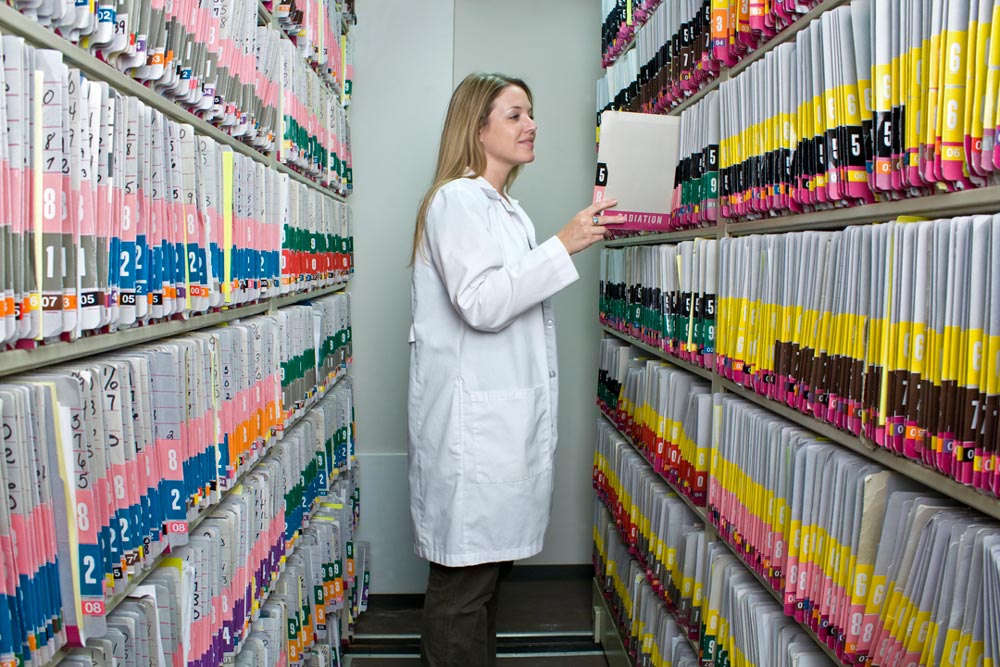### Medical Coding Degrees: Your Path to a Successful Career in Healthcare
In the ever-evolving healthcare industry, medical coders play a crucial role in ensuring accurate billing and reimbursement, as well as maintaining patient records. Pursuing a degree in medical coding can open up a world of opportunities for individuals looking to work behind the scenes in healthcare. In this article, we will explore the ins and outs of medical coding degrees, the benefits of pursuing this career path, and practical tips for success.
#### What is Medical Coding?
Medical coding is the process of transforming diagnoses, procedures, medical services, and equipment into universal alphanumeric codes. These codes are used by healthcare providers, insurance companies, and government agencies for billing and reimbursement purposes. Medical coders are responsible for reviewing patient records, assigning the appropriate codes, and ensuring that all documentation complies with regulatory standards.
#### Why Pursue a Degree in Medical Coding?
1. **High Demand:** With the increasing complexity of healthcare regulations, the demand for skilled medical coders is on the rise. According to the Bureau of Labor Statistics, employment of medical records and health information technicians, which includes medical coders, is projected to grow 8% from 2020 to 2030, faster than the average for all occupations.
2. **Career Stability:** Medical coding is a stable and recession-proof career choice, as healthcare services will always be in demand.
3. **Diverse Work Settings:** Medical coders can work in hospitals, physician offices, insurance companies, government agencies, and other healthcare settings.
4. **Competitive Salary:** The median annual wage for medical records and health information technicians was $44,090 in May 2020.
#### Types of Medical Coding Degrees
When considering a career in medical coding, there are several educational pathways to choose from, including:
1. **Certificate Programs:** These programs typically last 6-12 months and focus on basic medical coding skills.
2. **Associate’s Degree:** An associate’s degree in medical coding provides a more in-depth education and can take 1-2 years to complete.
3. **Bachelor’s Degree:** A bachelor’s degree in health information management or healthcare administration with a focus on medical coding offers advanced training and career opportunities.
#### Practical Tips for Success in Medical Coding
1. **Stay Updated:** Medical coding guidelines and regulations are constantly evolving. Stay informed about changes in the industry to ensure accuracy.
2. **Attention to Detail:** Precision is key in medical coding. Pay close attention to detail to avoid errors that could impact billing and reimbursement.
3. **Seek Certification:** Becoming a Certified Professional Coder (CPC) or Certified Coding Specialist (CCS) can enhance your credentials and job prospects.
4. **Practice, Practice, Practice:** Coding exercises and simulations can help sharpen your skills and prepare you for real-world scenarios.
#### Case Study: Emily’s Journey to Becoming a Certified Medical Coder
Emily always had a passion for healthcare but wasn’t interested in direct patient care. She decided to pursue a degree in medical coding and enrolled in an associate’s program at a local community college. After completing her degree and obtaining CPC certification, Emily landed a job at a busy hospital, where she now enjoys a rewarding career in medical coding.
#### Conclusion
If you have a keen eye for detail, enjoy working with numbers, and have a passion for healthcare, a degree in medical coding could be your ticket to a successful career in the rapidly expanding field of health information management. By pursuing a degree in medical coding, you can gain the knowledge and skills needed to thrive in this dynamic industry and make a valuable contribution to the healthcare system.
Whether you choose a certificate program, an associate’s degree, or a bachelor’s degree, the opportunities for growth and advancement in medical coding are endless. With dedication, continuous learning, and a commitment to accuracy, you can carve out a fulfilling career as a certified medical coder. Start your journey today and embark on a rewarding career in healthcare.



